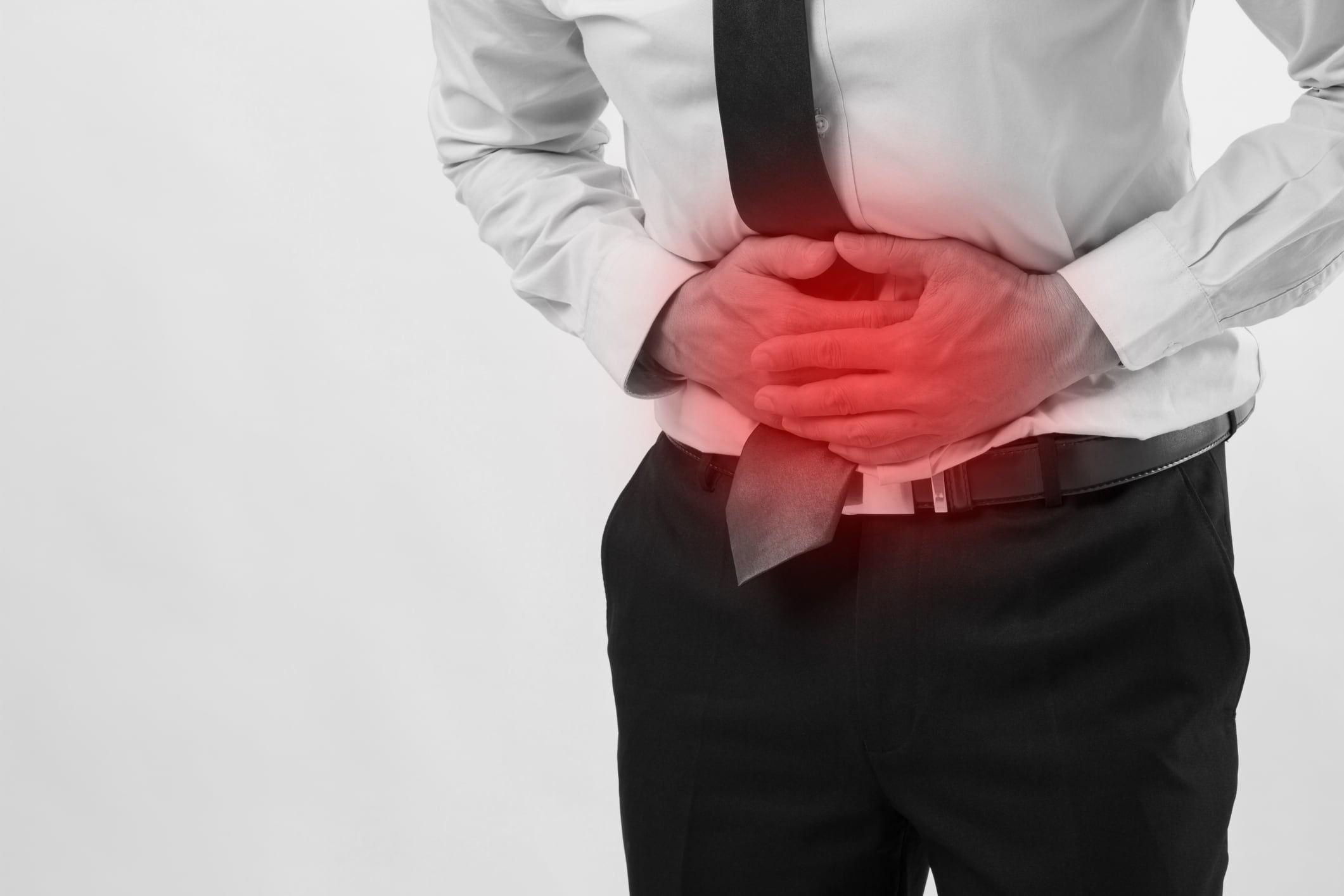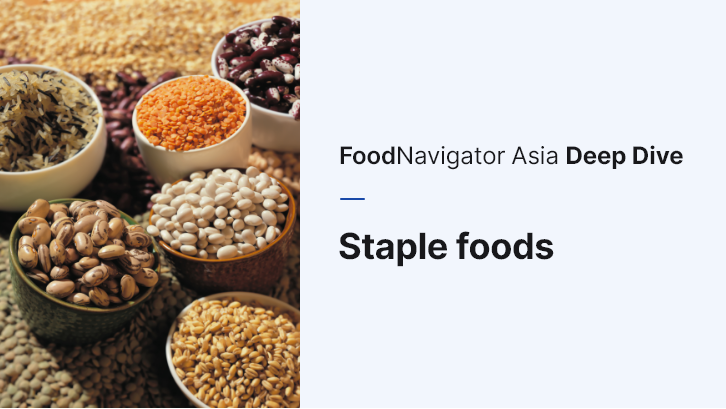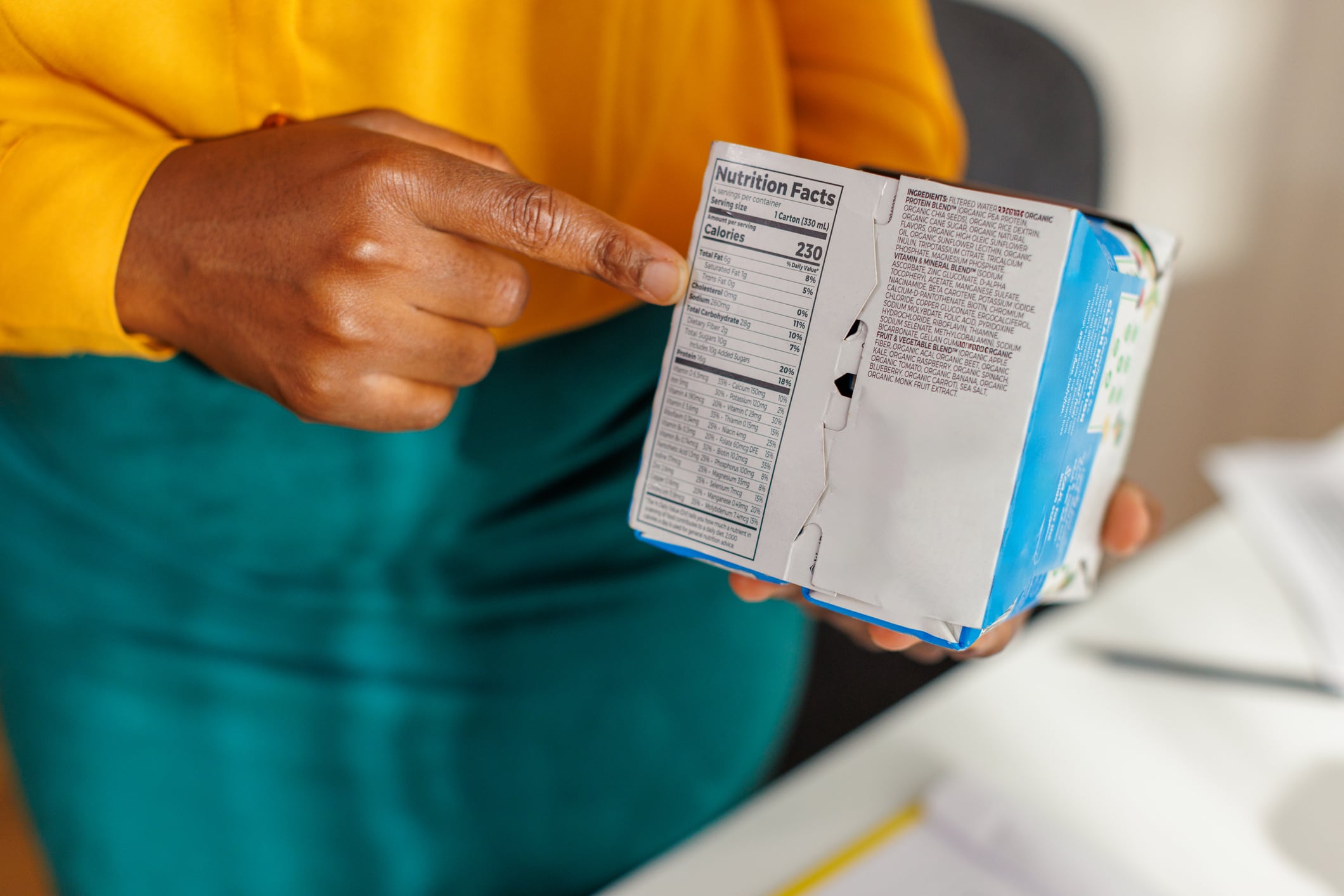South Korea has had a tough run in terms of food safety and food poisoning cases over the past two years, having recorded over 350 cases and close to 9,000 individuals during the summer months of July to September 2023 alone, as well as a serious outbreak affecting over 1,000 victims in July last year.
As such, the government announced its national 2025 food poisoning and prevention measures campaign in late February.
This will be led by the Ministry of Food and Drug Safety (MFDS) but also involving multiple other agencies and the Ministry of Education.
“The goal is to have no more than two large-scale food poisoning cases involving 300 or more individuals; and to have no more that 6,000 patients affecting overall this year,” MFDS Minister Oh Yoo-kyung said via a formal statement.
“This will look at the intensive management of five high-risk areas: salmonella contamination, norovirus contamination, kimchi contamination, food transport and international events.
“The campaign will involve 34 ministries and agencies in order to strengthen preemptive, preventative food safety measures that can be taken at the production, manufacturing and distribution stages of the five high-risk areas above in order to block the spread of any contamination.”
In terms of food products, three specific items expected to receive the most attention in this campaign are eggs, oysters and kimchi as these have been well-known to be the source of several high-risk contaminants in past years.
“Eggs are a common carrier of salmonella hence we will be focusing inspection efforts starting from egg production farms and conducting more salmonella tests,” he said.
“There will be extra tests conducted on eggs laid by older hens as well as brush-washed eggs, which are at higher risk of salmonella contamination because brush-washing is less able to remove contaminants compared to water-washing.
“On the other hand, oysters are a common norovirus risk and has [caused food poisoning in childcare facilities before], hence we will be closely cooperating with the Korea Association of Kindergartens and Daycare Centers to conduct preliminary environmental inspections of doorknobs and other items within the facilities.
“Blocking contaminated raw oysters is also a priority, and this will require the strengthening of inspections at retail markets, wholesale markets and other distribution routes.
“For kimchi, it is crucial to minimise microbial contamination during the manufacturing stage, hence moving forth manufacturers will be mandated to add a sterilisation process for raw ingredients such as cabbage, as well as to ensure employees are in good health.”
Cooked food
South Korea also has a very large market for cooked food and ready-made side dishes, particularly amongst schoolchildren and office workers who access these at school or office cafeterias, and these have previously also been known to cause large-scale outbreaks.
“Large-scale food poisoning have also been caused by transported foods, such as during mobile distribution, catering, or packed lunches,” said the ministry.
“To prevent this, moving forward we will intensively inspect the hygiene management status of all food manufacturers and processors that deliver these foods to school cafeterias in addition to conducting joint inspections with local governments for foods going to office canteens.
“South Korea will also be hosting the Asia-Pacific Economic Cooperation (APEC) meeting, and measures for food and beverage safety management will be established in cooperation with local governments to strengthen safety management, such as pre-inspections, daily inspections, rapid inspections and more.”





